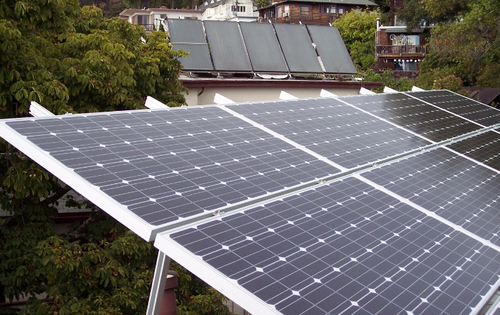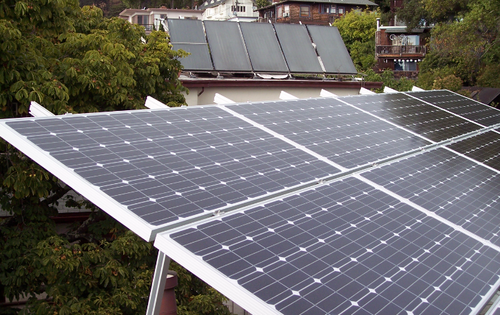Asian Solar Panel Stockpiles Face December 3rd Deployment Deadline To Avoid Billions In Retroactive Tariffs
Companies that imported millions of Southeast Asian solar panels could have to pay tariffs on them “ranging from 30% to more than 230%”, according to a new report from Bloomberg.
Companies have until December 3rd to install the panels, and U.S. Customs and Border Protection has pledged strict enforcement to prevent stockpiling, potentially exposing importers to audits, inspections, and billions in backdated tariff costs.
Tom Beline, a trade attorney and partner in Cassidy Levy Kent’s Washington office, told Bloomberg: “That bill will shock a lot of people.”
The issue stems from a 2022 tariff holiday ordered by President Biden to ease the impact of a trade probe that slowed solar projects. The Commerce Department later found manufacturers were dodging Chinese solar tariffs by assembling products in Southeast Asia.
While tariffs were extended to these nations, Biden delayed enforcement until June. To address a surge in duty-free imports, the administration set a December deadline for using the panels.
Bloomberg writes that federal regulators have warned importers for months that they must prove panels are “utilized” or face retroactive tariffs, rejecting loopholes like destroying panels or temporary warehouse installations.
Despite a last-minute push, analysts estimate 30 to 40 gigawatts of imported panels remain unused—over two-thirds of the U.S.’s annual panel demand. BloombergNEF data shows more than 30 gigawatts failed to meet the deadline.
Tim Brightbill, a trade lawyer and partner at Wiley Rein, said: “Given that the domestic industry is still facing a price collapse and a surge of imports that have left years of inventory still in warehouses, the enforcement of this circumvention regime remains extremely important to the domestic industry.”
Most manufactures told Bloomberg they weren’t stockpiling or didn’t comment. Art Fletcher, Invenergy’s executive vice president for domestic content said: “All modules that we imported into the US have been deployed at project sites to meet domestic energy demand across the country, including a de minimus number of modules being held on site for parts and maintenance.”
But the crackdown adds uncertainty for solar developers, compounding trade probes, concerns over renewable tax credits, and former President Trump’s tariff policies.
Tyler Durden
Thu, 12/05/2024 – 17:20


